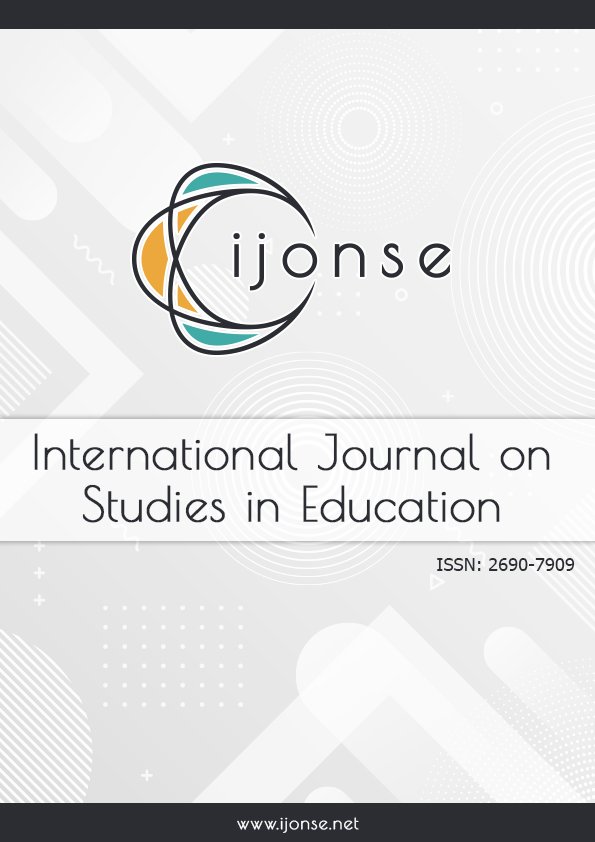A Typology of Educators Using Open Educational Resources for Teaching
DOI:
https://doi.org/10.46328/ijonse.60Keywords:
Open Educational Resources, Perceptions, Educators, TeachingAbstract
With Open Educational Resources (OER) teachers have free access to high-quality educational resources and open licenses to prepare, enhance, or supplement their teaching practice. Yet adoption rates are understood to be low and teachers face many challenges when they want to use OER. In a survey study, 1819 educators from various educational sectors reported their use of OER, the types of OER they used, the purposes of the OER used, the challenges they face and the impact they see. Most teachers adapt OER to fit their own needs and considerably less teachers create, publish or add OER. The main challenges relate to finding resources that are relevant, up-to-date and of good quality, time issues and – to a lesser extent- acceptance at the workplace and institutional support. A typology of OER users has been developed with five types of OER users. Implications for practice for each type of educators are formulated.References
Admiraal, W. (2022). A typology of educators using Open Educational Resources for teaching. International Journal on Studies in Education (IJonSE), 4(1), 1-23. https://doi.org/10.46328/ijonse.60
Downloads
Published
Issue
Section
License
Articles may be used for research, teaching, and private study purposes. Authors alone are responsible for the contents of their articles. The journal owns the copyright of the articles. The publisher shall not be liable for any loss, actions, claims, proceedings, demand, or costs or damages whatsoever or howsoever caused arising directly or indirectly in connection with or arising out of the use of the research material.
The author(s) of a manuscript agree that if the manuscript is accepted for publication in the International Journal on Studies in Education (IJonSE), the published article will be copyrighted using a Creative Commons “Attribution 4.0 International” license. This license allows others to freely copy, distribute, and display the copyrighted work, and derivative works based upon it, under certain specified conditions.
Authors are responsible for obtaining written permission to include any images or artwork for which they do not hold copyright in their articles, or to adapt any such images or artwork for inclusion in their articles. The copyright holder must be made explicitly aware that the image(s) or artwork will be made freely available online as part of the article under a Creative Commons “Attribution 4.0 International” license.

This work is licensed under a Creative Commons Attribution-NonCommercial-ShareAlike 4.0 International License.





